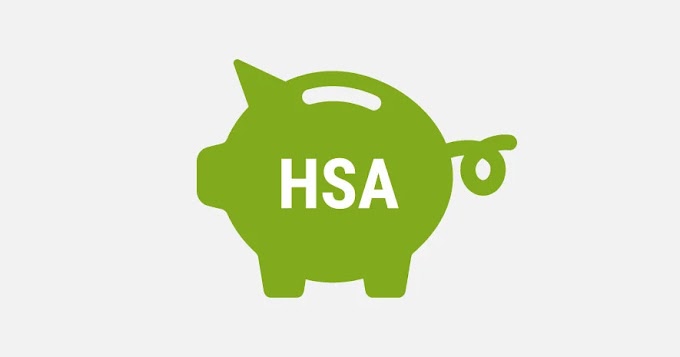In today's evolving financial landscape, individuals are increasingly seeking innovative ways to secure their future. One often-overlooked tool in retirement planning is the Health Savings Account (HSA). Traditionally viewed as a vehicle for covering medical expenses, HSAs offer unique advantages that can enhance your retirement strategy.
By contributing to an HSA, you not only save for immediate healthcare costs but also create a powerful long-term investment opportunity. With tax-free contributions, growth, and withdrawals for qualified medical expenses, HSAs can serve as a dual-purpose account, providing both health coverage and retirement savings.
As healthcare costs continue to rise, leveraging an HSA for retirement can offer a proactive approach to managing your financial health. This introduction will explore the benefits of using HSAs as retirement accounts, how they compare to traditional retirement savings options, and strategies to maximize their potential for your future.
A Health Savings Account (HSA) is a tax-advantaged savings account designed specifically for individuals with high-deductible health plans (HDHPs). While HSAs are primarily used for medical expenses, their unique tax benefits make them an appealing option for retirement planning as well. Here’s a closer look at how HSAs work, particularly emphasizing their tax advantages.
Key Tax Benefits of HSAs
- Tax-Deductible Contributions: Contributions to your HSA are made with pre-tax dollars, which means they can be deducted from your taxable income. This reduces your overall tax liability in the year you contribute. For example, if you contribute $3,000 to your HSA, you effectively lower your taxable income by that amount.
- Tax-Free Growth: Funds in an HSA grow tax-free. Any interest or investment gains earned on the balance are not subject to taxes, allowing your savings to compound over time without the burden of taxation.
- Tax-Free Withdrawals for Qualified Expenses: Withdrawals from your HSA used for qualified medical expenses are completely tax-free. This includes a wide range of expenses such as doctor visits, prescription medications, and even certain long-term care services. This feature can significantly offset healthcare costs during retirement.
- Flexibility in Use: After age 65, withdrawals for non-medical expenses are taxed as ordinary income, similar to a traditional IRA. However, unlike retirement accounts with penalties for early withdrawal, HSAs allow you to withdraw funds for non-medical purposes without penalties, although taxes will apply. This flexibility can be advantageous for managing your finances in retirement.
Rollover Capability: Unlike Flexible Spending Accounts (FSAs), HSAs allow you to roll over unused funds from year to year. This means you can continue to accumulate savings and benefits without the pressure of using the funds within a specific timeframe.
Contribution Limits: The IRS sets annual contribution limits for HSAs, which are adjusted each year for inflation. As of 2024, individuals can contribute up to $3,850, and families can contribute up to $7,750. If you are 55 or older, you can make an additional catch-up contribution of $1,000, further enhancing your tax-advantaged savings potential.
Employer Contributions: If your employer offers an HSA, contributions made by them on your behalf also enjoy the same tax benefits. This can boost your savings while providing you with additional tax deductions.
Strategic Considerations
To maximize the tax benefits of an HSA, consider adopting a strategy of contributing the maximum amount each year while letting the funds grow. You can pay for current medical expenses out of pocket, allowing your HSA to accumulate tax-free. This approach can create a substantial nest egg for healthcare costs in retirement, especially as you age and healthcare needs typically increase.
Conclusion
Health Savings Accounts offer a trifecta of tax advantages that can significantly benefit your financial strategy, particularly in retirement. By leveraging the tax-deductible contributions, tax-free growth, and tax-free withdrawals for medical expenses, HSAs not only serve as a safeguard against healthcare costs but also as a strategic component of a well-rounded retirement plan. As healthcare expenses continue to rise, incorporating an HSA into your retirement savings strategy can help ensure financial security in your later years.










0 Comments